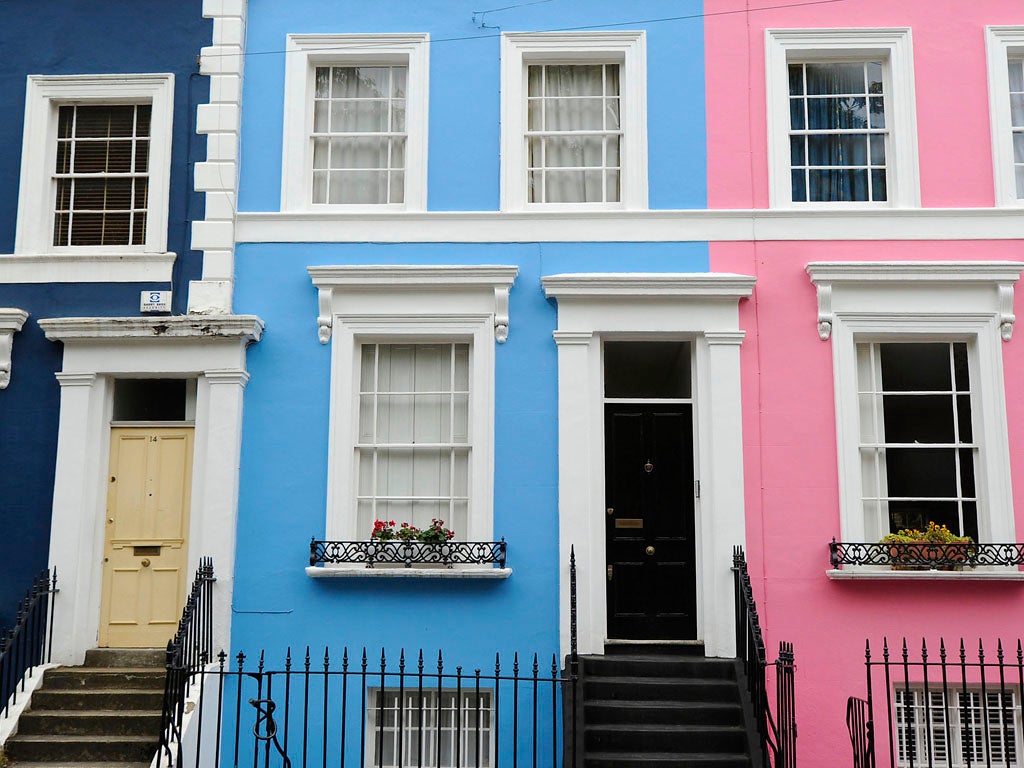Middle-income households increasingly relying on housing benefit
Shortage of affordable housing blamed for inability of working families to cover the cost of their homes

The number of people relying on housing benefit to keep their home in spite of being in work has risen by 350,000 since 2008, says the National Housing Federation.
Research from its new report Broken Market, Broken Dreams, shows that middle-income households earning between £20,000 and £30,000 a year accounted for two thirds of all new housing benefit claims during the last six years.
The Federation argues that increasing housing costs are causing the rise in middle-income claimants. The report also highlights the impact of years of building well below the number of homes needed, stagnant wages and more people renting privately due to the shortage of affordable homes.
A second report from Barbour ABI shows that almost half of homes with planning permission have yet to be built. Around 238,000 homes received planning permission last year, but only 129,000 actually started construction in the same period. However, Steve Turner, director of communications at the Home Builders Federation commented: "The figures presented in this way serve very little useful purpose as you are not comparing apples with apples. Trying to contrast permissions granted, that are given in block numbers, with individual plot build rates serves no purpose."
"Our shortage of affordable housing is now leaving families on a decent wage unable to cover the cost of their homes," said David Orr, Chief Executive of the National Housing Federation. "This isn’t sustainable or right. In the 1970s around 80 per cent of government housing spend went on building homes with about 20 per cent on housing benefits, but today it’s the other way round. Billions of pounds being spent on housing benefit is just a costly sticking plaster. What we need is a long-term solution to build the affordable homes we need, so that hard working families can support themselves."
According to PricedOut which campaigns for affordable house prices, more than 500,000 renters have been unable to afford homeownership since the launch of Help To Buy, with 13 times more people priced out than helped.
Duncan Stott, director of PricedOut, said that the Help to Buy scheme was 'ill-conceived' and had 'fundamental weaknesses.
"The only thing that extra mortgage lending can cause is a rise in house prices, which leaves homeownership even further out of reach of Britain’s fed-up renters," he said.
Join our commenting forum
Join thought-provoking conversations, follow other Independent readers and see their replies
Comments
Bookmark popover
Removed from bookmarks